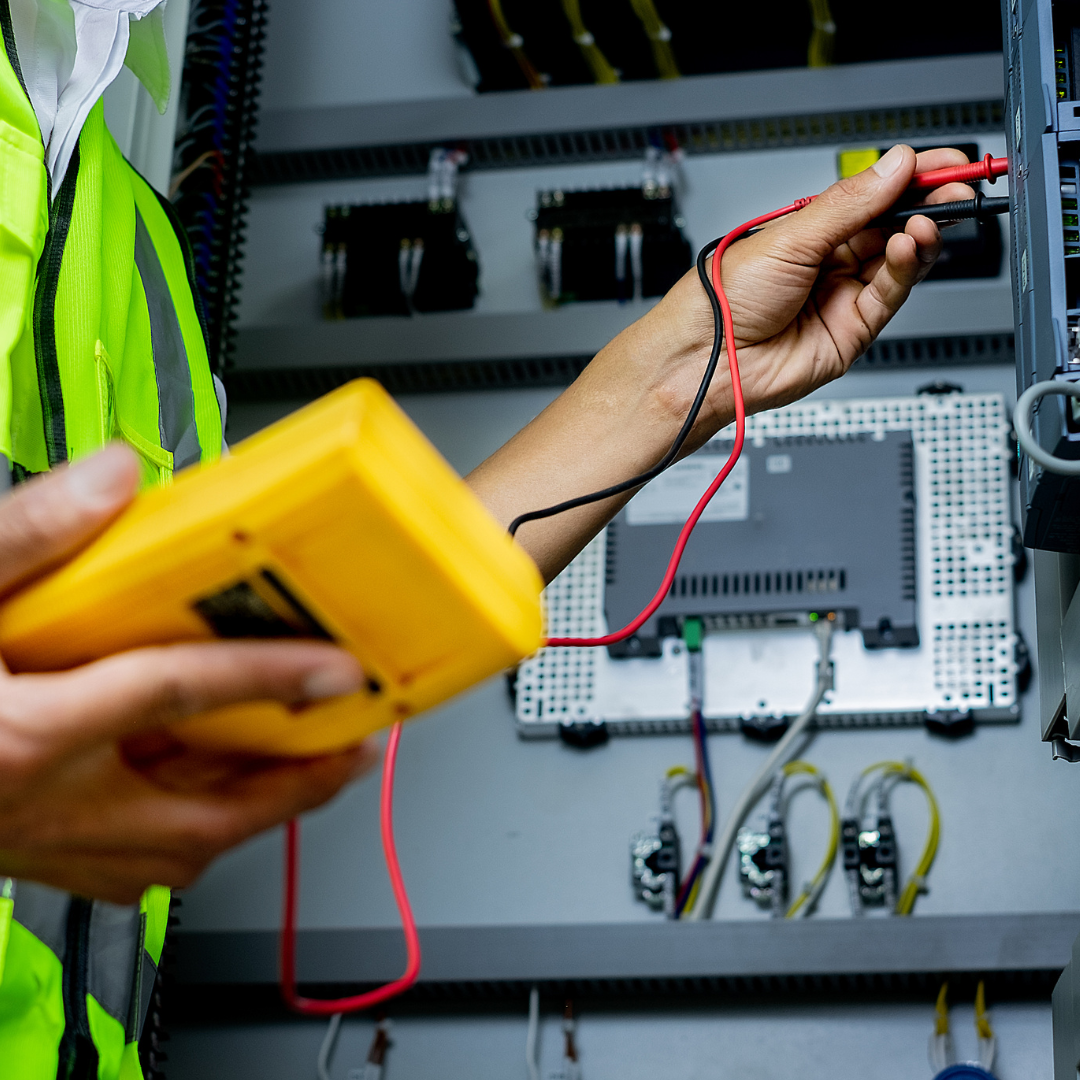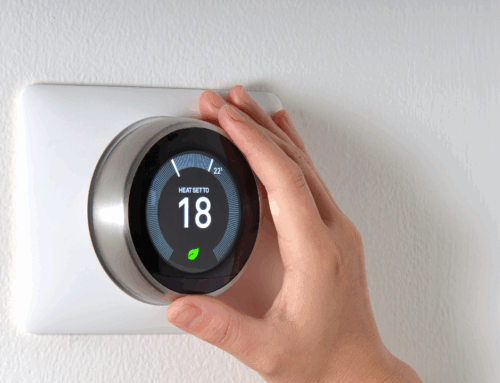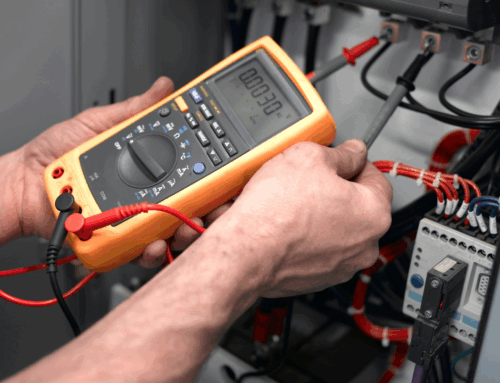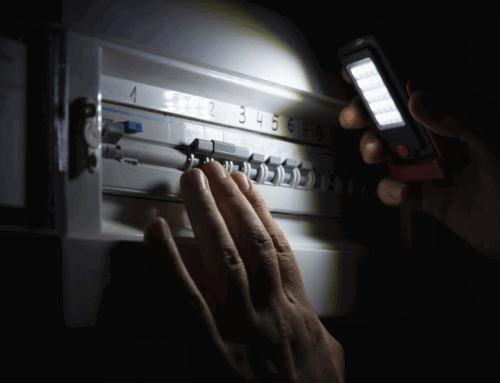Electrical outages are an unavoidable part of business life, whether caused by a power surge, equipment malfunction, or external factors such as bad weather. For business owners, the key to minimising disruption and recovering quickly is a well-prepared response. Being proactive and having a clear plan in place can help ensure that your operations resume as swiftly as possible. Here’s how to recover from an electrical outage efficiently and effectively.
1. Ensure Employee Safety
The first priority when facing an electrical outage is the safety of your employees. Immediately assess the situation and ensure that no one is at risk of injury. If there are any exposed wires, electrical hazards, or fire risks, instruct staff to stay clear of those areas. You should have an emergency lighting system or battery-powered flashlights available to guide employees to safety if necessary. Additionally, ensure that all machinery and equipment are switched off to prevent damage when the power returns.
2. Assess the Extent of the Outage
Before taking any further action, it’s important to determine whether the outage is localised to your business or part of a wider area. Check with the utility provider to see if there’s a known issue in the area and when power is expected to be restored. If the outage is isolated to your property, the problem could be internal, possibly linked to your electrical system, and may require an electrician’s intervention. Identifying the source of the issue will help you decide the next steps for recovery.
3. Communicate with Customers and Stakeholders
Keeping customers and stakeholders informed during an electrical outage is critical for maintaining trust. If your business involves customer service, retail, or hospitality, notify your clients about the situation and provide an estimated time for resumption of services. If the outage is prolonged, consider using alternative communication methods like social media or email updates. Transparency and clear communication can reduce frustration and help manage customer expectations.
4. Use Backup Power Solutions
Having backup power systems in place can significantly reduce downtime. Uninterruptible power supplies (UPS) or backup generators can keep critical systems running during an electrical outage. If you have a UPS system, it will provide temporary power to devices such as servers, computers, and POS systems, preventing data loss and ensuring that vital operations continue until the main power is restored. For longer outages, a generator can help keep the business running, especially for refrigeration, security systems, and essential equipment.
5. Power Up in Phases
When power is restored, it’s important to turn equipment back on in phases rather than all at once. This approach helps to prevent power surges, which could potentially damage your systems or cause another outage. Start with essential services, such as lighting and safety systems, before powering up critical machinery and computers. This step-by-step process reduces the risk of further electrical issues.
6. Check for Damage and Perform an Inspection
Once power is back on, it’s crucial to inspect your electrical systems and equipment to ensure there’s no damage. Check circuit breakers, electrical panels, and any machinery that may have been impacted by the outage. If your business relies on sensitive electronic equipment, ensure that no data has been corrupted and that everything is functioning correctly. It’s a good idea to call in a qualified electrician to inspect your system and resolve any issues that may have occurred during the outage.
7. Review and Update Your Business Continuity Plan
An electrical outage is an opportunity to review your business’s continuity plan. If you don’t already have a contingency plan in place, now is the time to create one. This plan should include emergency procedures, backup power solutions, and communication protocols in the event of another electrical disruption. Regularly reviewing and updating your plan ensures that your business can respond swiftly and effectively to future outages.
8. Prevent Future Outages with Regular Maintenance
Prevention is key to avoiding future outages and minimising downtime. Regular maintenance of your electrical systems can help identify potential issues before they cause major disruptions. Schedule periodic inspections with a qualified electrician to ensure your electrical systems are in good working order. Upgrading outdated wiring or equipment may also help prevent future failures and improve overall reliability.
Recovering from an electrical outage requires a calm and methodical approach. By prioritising safety, communicating with stakeholders, using backup power solutions, and conducting thorough inspections, you can quickly get your business back on track. Additionally, investing in preventative measures and creating a robust continuity plan will help ensure that your business is prepared for future disruptions, keeping downtime to a minimum and maintaining smooth operations. Contact us for more information.







Leave A Comment